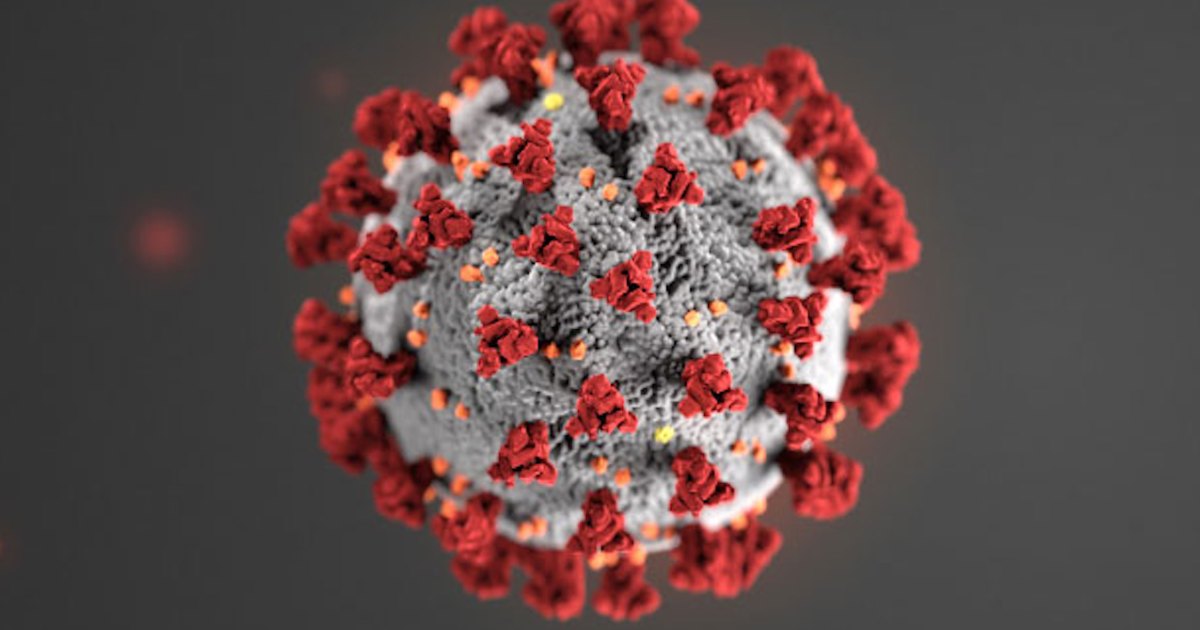
The delta variant poses more risks to unvaccinated people than any previous mutation of the coronavirus, including the risk of being infected by those who are vaccinated.
The number of COVID-19 cases has risen more than threefold in the past month, from a seven-day average of 11,470 on June 20 to 37,673 on July 20, according to the Centers for Disease Control and Prevention. Hospitalizations have more than doubled during that same time period, rising from 1,868 to 3,521.
The rise in cases and hospitalizations is largely due to the delta variant. According to the CDC, nearly 83% of new cases are stemming from the delta variant.
Delta is the most infectious variant so far. While one person infected with the original coronavirus would likely infect one to 2.5 other people, a person infected with the delta variant will likely infect 3.5 to four other people.
RISE IN COVID-`19 INFECTIONS THREATENS UNVACCINATED AND SOME HOSPITALS
In previous coronavirus waves, it was hit-or-miss as to whether an infected person would spread it to family members or a co-worker, according to Dr. Manoj Jain, an infectious disease physician at the Rollins School of Public Health.
“What I’m seeing now in my patients with the delta variant, almost all close contacts of an infected patient who are not vaccinated are infected, too. That’s the difference with the delta variant,” Jain said.
CDC data also show steep rises in COVID-19 hospitalizations for people under the age of 50 since June. Younger people tend to have lower vaccination rates, and vaccines have not yet been approved for people under age 12.
For those under 17, hospitalizations have nearly doubled in the last two weeks.
That may be the result of the increased transmissibility of the delta variant. It may also be linked to loosening restrictions for children’s activities. Now, children are more likely to go to camp, play with others, and not wear masks.
“I haven’t seen a compelling case made for it being one versus the others,” said Susan Hassig, an epidemiology professor at Tulane University’s School of Public Health and Tropical Medicine. “I suspect it is a little bit of both.”
People who are fully vaccinated have, for the most part, little to worry about with the delta variant. Vaccines have proven effective at preventing the delta variant from causing severe cases of COVID-19.
Yet, people who are not vaccinated may have to worry they could become infected by someone who is vaccinated, as it is still possible for vaccinated people to contract and transmit the disease.
Data from the Johnson & Johnson vaccine trials found its COVID-19 vaccine was about 74% effective against asymptomatic infection. Research from the Mayo Clinic found the Pfizer and Moderna vaccines were about 80% effective.
However, numbers on asymptomatic infection examined pre-delta variants of the coronavirus. The delta variant may make vaccines less effective at preventing asymptomatic infection.
Still, while a vaccinated person can become infected with COVID-19, it doesn’t necessarily mean he or she will transmit the disease, as the antibodies from the vaccine can neutralize the coronavirus before it spreads.
But it can still happen, as a group of Texas Democrats recently found out. Six Democrats from the Texas state Legislature who fled the state to prevent a vote on an election reform bill tested positive for COVID-19 in the last week. At least five were vaccinated.
With state and local officials rolling back safety precautions — such as mask-wearing, social distancing, and the CDC declaring those who have been inoculated do not have to wear a mask — vaccinated people have even less incentive to take precautions that would prevent others from getting infected.
CLICK HERE TO READ MORE FROM THE WASHINGTON EXAMINER
“It was a disaster waiting to happen,” Hassig said.
